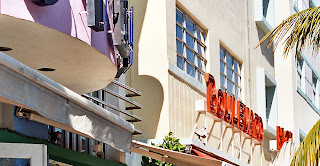Prokofiev – The Fiery Angel
La Monnaie, Brussels, Sunday January 28 2007 Conductor: Kazushi Ono. Production: Richard Jones. Sets: John Macfarlane. Costumes: Nicky Gillibrand. Ruprecht: Tómas Tómasson. Renata: Elena Popovskaya. Fortune-Teller: Elena Manistina. Landlady: Beata Morawska. Mephistopheles: Leonid Bomshteyn. Agrippa von Nettesheim: Vitali Taraschenko. Johann Faust: Ante Jerkunica. Inquisitor: Vladimir Samsonov. Mother Superior: Maria Gortsevskaya. Jacob Glock: Lorenzo Caròla. Doctor: Zeno Popescu. Mathias Wissmann: Andrej Baturkin. Innkeeper: Nabil Suliman. Orchestra and Chorus of La Monnaie. Sometimes it takes an exceptional performance to crack a thorny work. I have two recordings of The Fiery Angel , one in French and the other in Russian, and have seen it at least once before. But in my mind it remained pigeonholed as an incomprehensible (in fact mad) story set to a noisy score. This Brussels production made sense of both. It was clear from the opening bars that the orchestra of La Monnaie was on es

